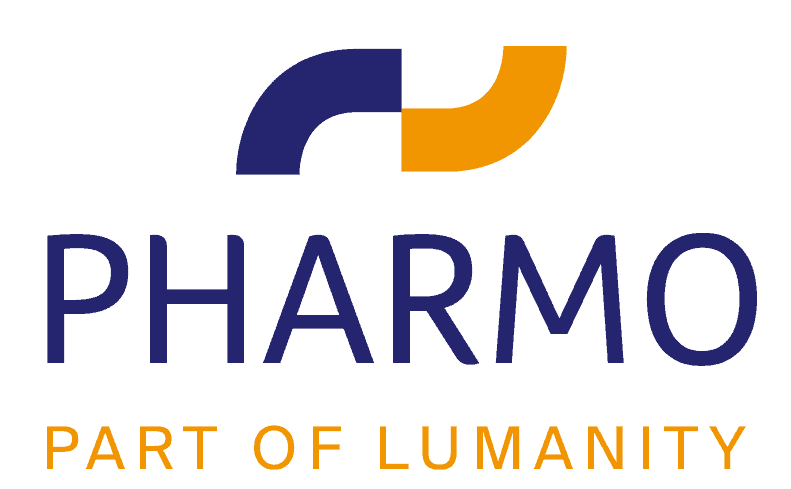Long-Term Risk of Skin Cancer and Lymphoma in Users of Topical Tacrolimus and Pimecrolimus: Final Results from the Extension of the Cohort Study Protopic Joint European Longitudinal Lymphoma and Skin Cancer Evaluation (JOELLE)
Purpose: Evidence is insufficient to infer whether topical calcineurin inhibitors (TCIs; tacrolimus and pimecrolimus) cause malignancy. The study objective was to estimate the long-term risk of skin cancer and lymphoma associated with topical TCI use in adults and children, separately.
